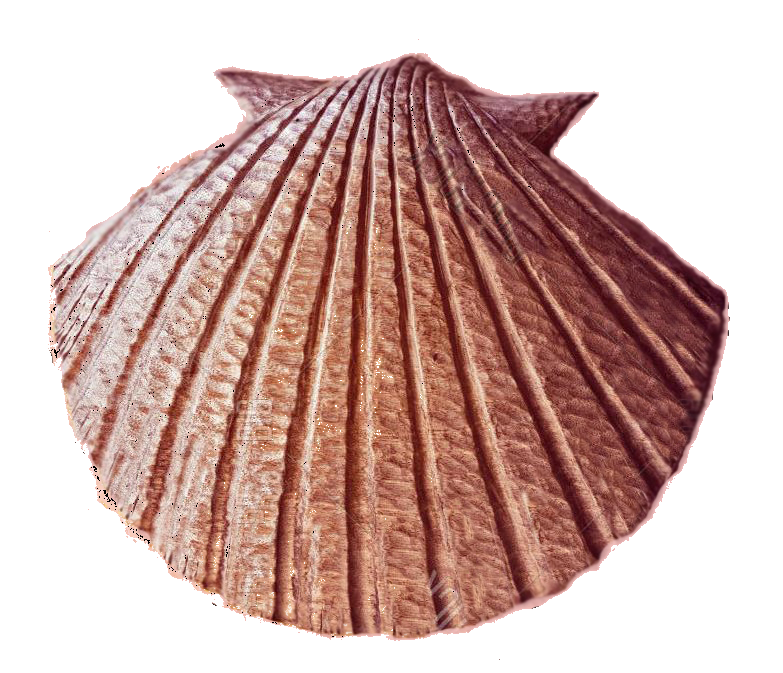
His Life
Saint Clement (also known as Pope Clement 1 or Clement of Rome), was a key figure in early Christianity, known for his writings and leadership during the late first century.
Saint Clement, an apostolic father, remains an enigmatic figure with limited historical records. Known primarily as a disciple of Saint Peter and possibly Saint Paul, Clement's legacy is intertwined with early Christian traditions. He is sometimes identified with the Clement mentioned by Saint Paul in Philippians 4:3, renowned for his devout service and whose name is inscribed in the Book of Life.
Little is known about Clement's life. Early church lists place him as the second or third bishop of Rome. It is likely that Clement died in exile, and was possibly martyred. Clement was believed to have been imprisoned and then executed by being tied to an anchor and thrown into the sea.
Clement is known for his epistle to the church in Corinth (c. 96), in which he asserts the apostolic authority of the bishops/presbyters as rulers of the church. The epistle mentions episkopoi (overseers, bishops) or presbyteroi (elders, presbyters) as the upper class of minister, served by the deacons, but, since it does not mention himself, it gives no indication of the title or titles used for Clement in Rome.
Symbolism
Saint Clement's icon is the Anchored Cross, also known as Mariner's or Saint Clement's cross.
He is most often depicted with papal vestments, including the pallium, papal tiara and a mitre; sometimes also also with the papal cross and the . In reference to his martyrdom, he often holds the .
Clement is recognized as a saint in many Christian churches and a patron saint of mariners. He is commemorated on 23 November in the Anglican Communion.
Click to go back
https://en.wikipedia.org/wiki/
https://www.catholic.org/saints/
https://missions.ewtn.com/seasonsandfeastdays/stssimonandjude
https://www.franciscanmedia.org/saint-of-the-day/saints-simon-and-jude/